Understanding Centrifugal Oil Water Separators
Centrifugal oil water separators are essential in industries where the separation of oil from water is a critical process. This technology leverages the principle of centrifugal force to segregate oil particles from water, ensuring a more efficient and eco-friendly operation. The separators are widely used in sectors such as oil and gas, wastewater treatment, and marine applications, where they play a pivotal role in maintaining system efficiency and environmental compliance.
Types and Applications
The versatility of centrifugal oil water separators is reflected in their various types and applications. From stationary units for industrial wastewater treatment to portable systems for marine oil spill recovery, these separators are designed to meet diverse operational demands. The oil water centrifuge systems are also integral in food processing and pharmaceuticals, where they ensure product purity and adherence to health standards.
Features and Materials
A centrifugal oil water separator is characterized by its robust construction and the use of durable materials like stainless steel, which provide resistance to corrosion and wear. The design features include a rotating component that creates centrifugal force, and a collection area where separated oil is stored for disposal or recycling. Advanced models may also incorporate sensors and automation to optimize the separation process.
Advantages of Centrifugal Separation
The primary advantage of using a centrifugal oil water separator lies in its efficiency and effectiveness in separating oil from water. This method is not only fast but also capable of handling large volumes of liquid, making it a cost-effective solution for many industries. Additionally, the high separation efficiency minimizes waste, contributing to environmental sustainability.
Selection Criteria
When selecting a centrifugal oil water separator, it is crucial to consider factors such as flow rate, oil type, and separation efficiency. The size and design of the separator should align with the specific needs of the application, ensuring optimal performance. It is also important to evaluate the system's compatibility with the fluids being processed to prevent any operational issues.
Integrating Centrifugal Separators in Industry
Incorporating a centrifugal oil water separator into an industrial setup can significantly enhance process efficiency and environmental performance. With a range of designs and capacities available, these systems can be tailored to suit the unique requirements of different industries, ensuring that the separation process is as effective and economical as possible.



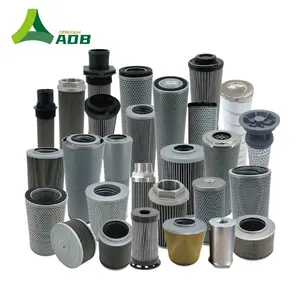







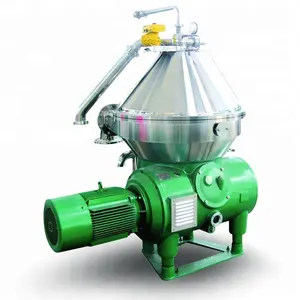






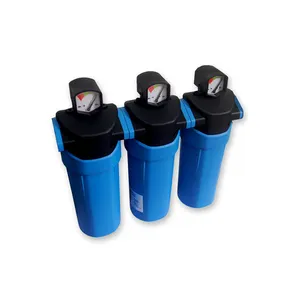









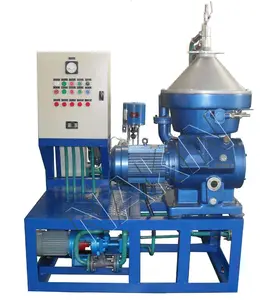

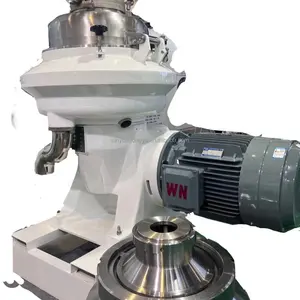


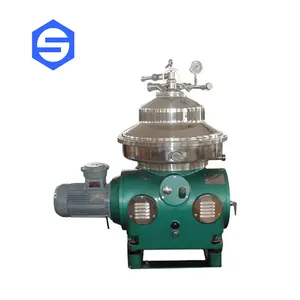




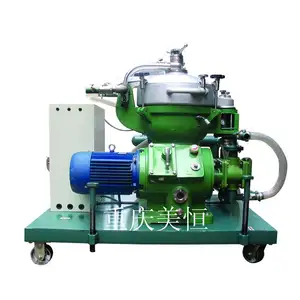









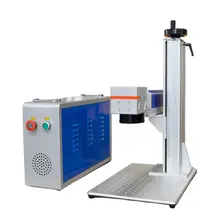




























 浙公网安备 33010002000092号
浙公网安备 33010002000092号 浙B2-20120091-4
浙B2-20120091-4